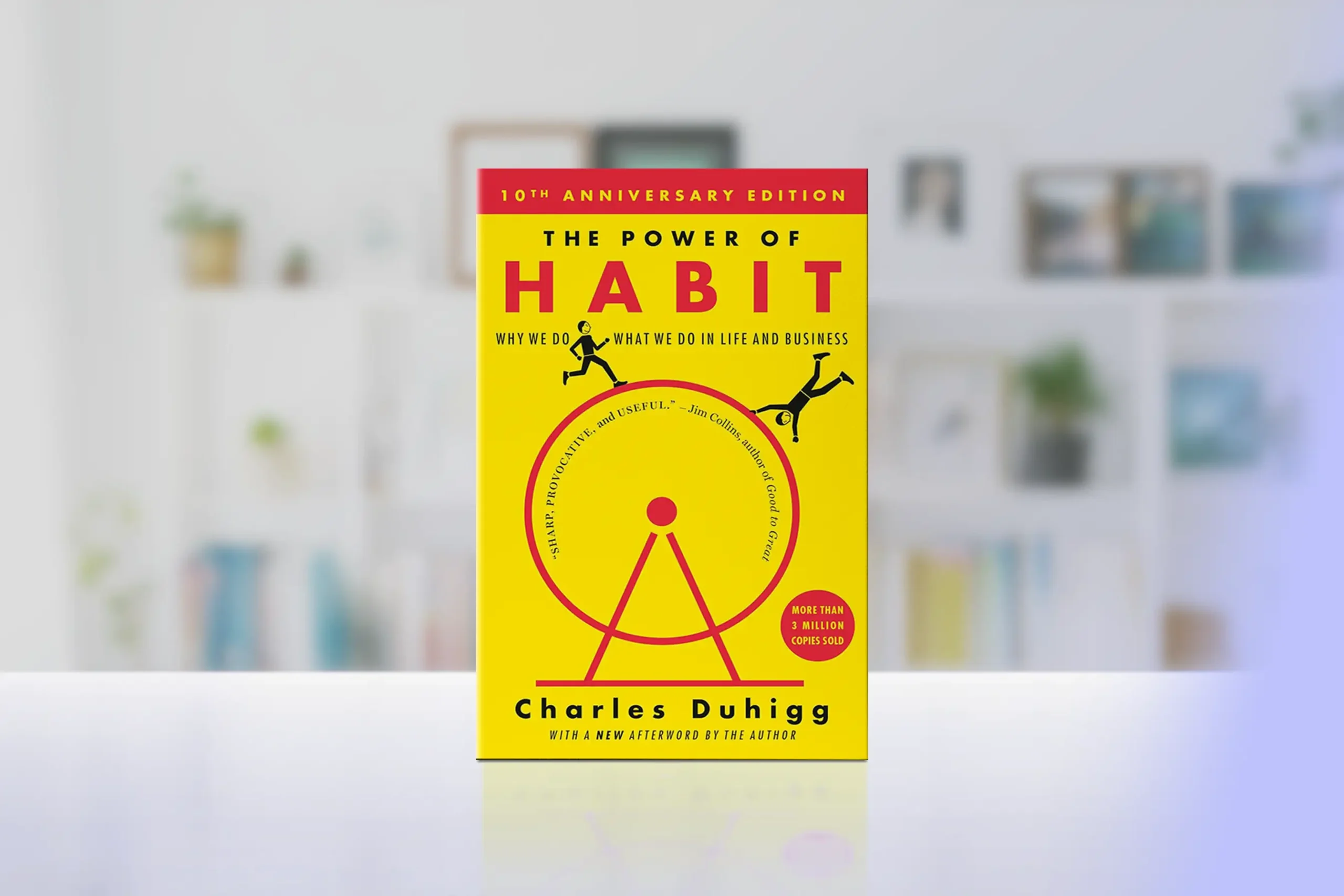In his groundbreaking book “The Power of Habit,” published in 2012, Charles Duhigg delves into the fascinating world of habit formation and its profound impact on our lives. This influential work in the personal development field offers readers a compelling exploration of how habits shape our behavior, from individuals to organizations.
Duhigg’s core premise is that by understanding the mechanics of habits, we can harness their power to create positive change in our personal and professional lives.
Core Concepts
Duhigg presents a comprehensive framework for understanding and changing habits:
- The Habit Loop: A three-step process consisting of cue, routine, and reward
- The Golden Rule of Habit Change: Keeping the cue and reward while changing the routine
- Keystone Habits: Small changes that trigger widespread improvements
- The Power of Willpower: Understanding and strengthening this crucial resource
- Organizational and Societal Habits: How habits function on a larger scale
These concepts provide you with powerful tools to identify, analyze, and transform habits that may be holding you back from achieving your full potential.
Chapter-by-Chapter Review
Part One: The Habits of Individuals
Chapter 1: The Habit Loop: How Habits Work
Duhigg introduces the fundamental concept of the habit loop, explaining how habits are formed and reinforced through a cycle of cue, routine, and reward. You’ll learn to identify these elements in your own habits, laying the groundwork for change.
Chapter 2: The Craving Brain: How to Create New Habits
This chapter explores the neuroscience behind habit formation and the crucial role of cravings. You’ll discover strategies for creating new, positive habits by leveraging the power of anticipation and reward.
Chapter 3: The Golden Rule of Habit Change: Why Transformation Occurs
Duhigg presents the key to successful habit change: maintaining the original cue and reward while inserting a new routine. This insight offers you a practical approach to breaking unwanted habits and establishing beneficial ones.
Part Two: The Habits of Successful Organizations
Chapter 4: Keystone Habits, or The Ballad of Paul O’Neill: Which Habits Matter Most
Learn about the concept of keystone habits – small changes that create a ripple effect of positive transformation. This chapter empowers you to identify and focus on habits that can trigger widespread improvements in various areas of your life.
Chapter 5: Starbucks and the Habit of Success: When Willpower Becomes Automatic
Using Starbucks as a case study, Duhigg examines how willpower can be strengthened and turned into a habit. You’ll gain valuable insights into developing self-discipline and resilience in challenging situations.
Chapter 6: The Power of a Crisis: How Leaders Create Habits Through Accident and Design
This chapter explores how organizational habits are formed and how crises can be leveraged to institute positive change. The lessons here can be applied to both professional settings and personal life challenges.
Chapter 7: How Target Knows What You Want Before You Do: When Companies Predict (and Manipulate) Habits
Duhigg reveals how companies use data to predict and influence consumer habits. This eye-opening chapter will make you more aware of how your habits are targeted and how to maintain agency in your purchasing decisions.
Part Three: The Habits of Societies
Chapter 8: Saddleback Church and the Montgomery Bus Boycott: How Movements Happen
This chapter examines how social movements spread through the power of weak ties and social habits. You’ll gain insight into how societal change occurs and how you can contribute to positive movements.
Chapter 9: The Neurology of Free Will: Are We Responsible for Our Habits?
In the final chapter, Duhigg explores the ethical and neurological questions surrounding habits and free will. This thought-provoking conclusion challenges you to consider the extent of our control over our habits and the implications for personal responsibility.
Key Strengths
- Compelling mix of scientific research and engaging storytelling
- Practical frameworks for understanding and changing habits
- Diverse examples from individual, organizational, and societal perspectives
- Empowering message that habits can be changed with understanding and effort
- Clear, actionable advice for implementing habit changes
Potential Drawbacks
- Some readers might find certain anecdotes overly long or tangential
- The broad scope sometimes sacrifices depth in specific areas
- May oversimplify complex psychological processes for some experts in the field
Who This Book Is For
This book is an invaluable resource for:
- Individuals seeking to break bad habits or establish positive ones
- Managers and leaders looking to drive organizational change
- Entrepreneurs aiming to create habit-forming products or services
- Anyone interested in understanding the psychology behind human behavior
- Self-improvement enthusiasts looking for science-backed personal development strategies
Final Review
“The Power of Habit” is a transformative exploration of how habits shape our lives and how we can reshape our habits. Duhigg’s engaging writing style and well-researched insights provide you with a powerful toolkit for personal and professional growth. While the book occasionally sacrifices depth for breadth, its core messages and practical strategies make it an essential read for anyone looking to harness the power of habits.
By applying these habit principles, you can focus on what truly matters and develop an essentialist mindset for productivity. Whether your goal is to boost productivity, improve health behaviors, or drive organizational change, this book provides actionable steps for achieving clarity, control, and meaningful results.
Rating: 4.6/5
A compelling, science-backed guide to understanding and transforming habits for personal and professional success.
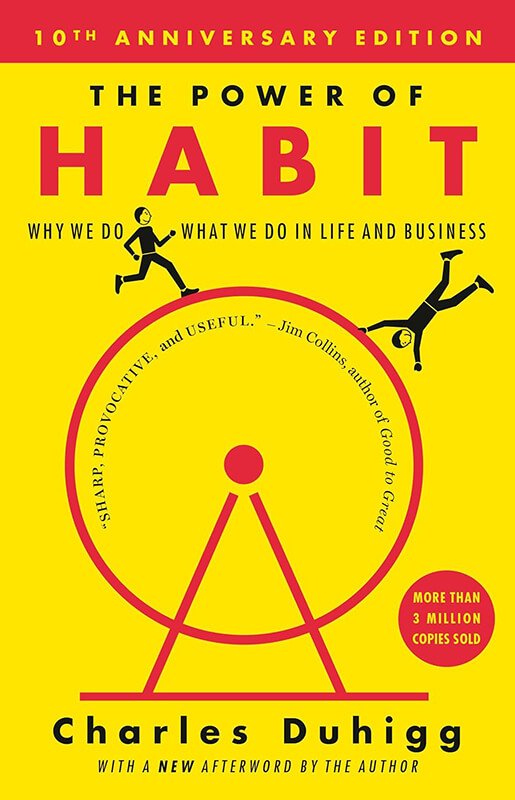
Alternative Books
If you are looking for other books similar to “The Power of Habit”, consider these alternatives:
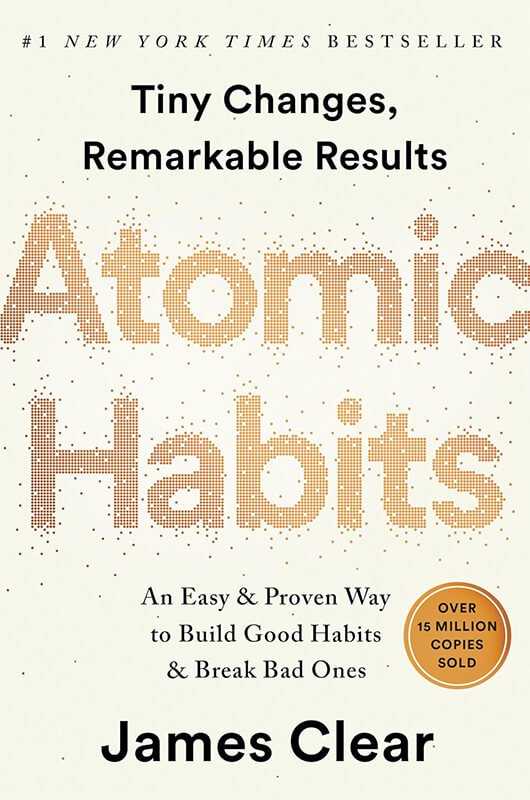
“Atomic Habits” by James Clear
Offers a complementary approach to building good habits and breaking bad ones.
Rating 4.8/5
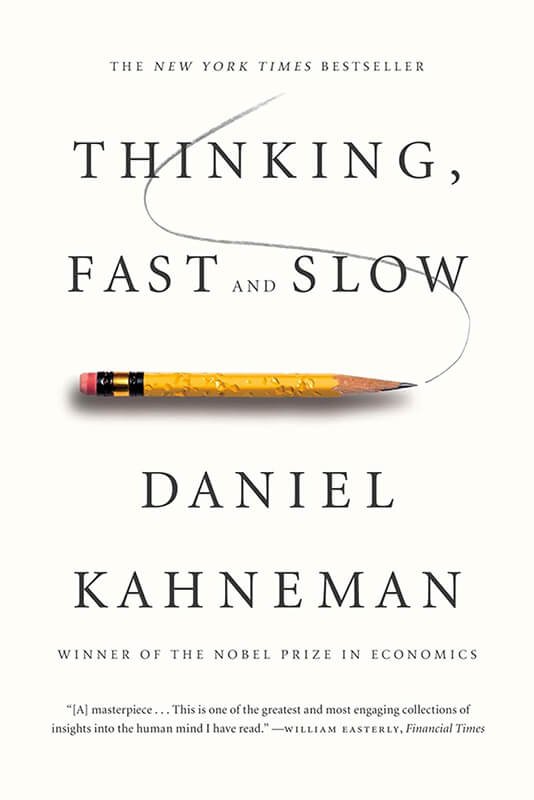
“Thinking, Fast and Slow” by Daniel Kahneman
Provides deeper insights into the cognitive processes behind decision-making and behavior.
Rating 4.7/5
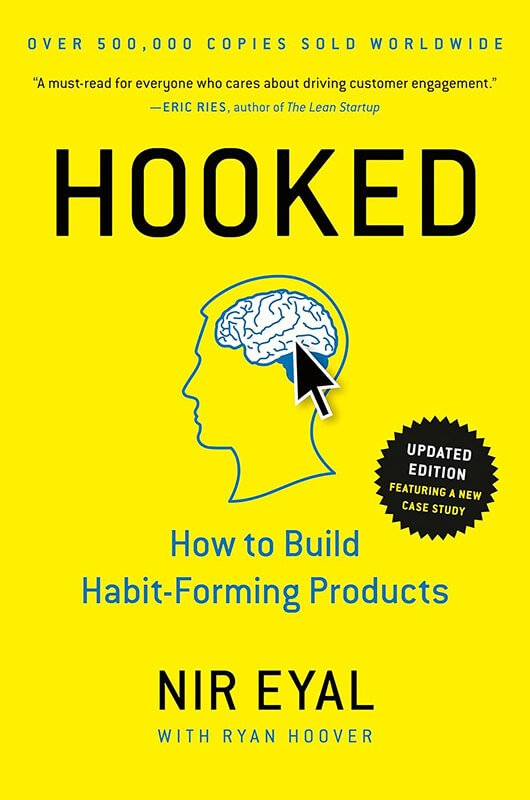
“Hooked: How to Build Habit-Forming Products” by Nir Eyal and Ryan Hoover
Focuses on how to build habit-forming products, offering a different perspective on habit creation.
Rating 4.5/5

